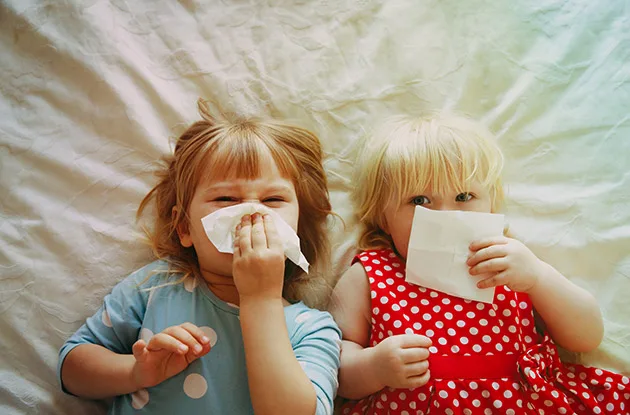Experts share what adults can do to help teens make better behavior choices.
Adolescence is a difficult time for children, and many teens seem to make poor choices, which can lead to long-lasting consequences. Peer-pressure is a major factor that effects decision-making and behavior: Executive functioning skills such as organization, reasoning, problem solving, and impulse control are compromised in adolescence due to perception of what others are thinking about them. (Children with ADHD have problems with impulse control, and may be at greater risk than other adolescents for risky behavior.)
There is also a biological explanation. The amygdala, responsible for instinctual reactions of fear and aggressive behavior, matures early. The frontal cortex of the brain, responsible for reasoning and self-control, continues developing into adulthood. Adolescent’s brains are controlled by the amygdala (emotion) more than by the frontal cortex (reasoning).
Adults need to help adolescents navigate this difficult stage in their lives. Here are six things adults should keep in mind:
- Clearly drawn boundaries (rules) with consequences should be in place to demonstrate that deviant behavior is not tolerated.
- Continued love is essential in the process of resolving non-compliancy to rules and regulations.
- Parents should help their children make good choices. Parenting is about guidance, not control of the child at this stage.
- Adults should observe and document what triggers poor choices and behavior patterns.
- Parents and teachers should confront their own feelings of frustration in order to help adolescents understand “good and bad.”
- Parents and school officials need to seek supporting services, if necessary, from professionals (drug counselors, psychologists, crisis intervention personnel, etc.) to aid in the re-channeling of inappropriate conduct.
|
There are several steps parents (and other interested parties) can take to help adolescents reduce risky behaviors. None of these is a one-time only solution as new situations arise all the time.
- There needs to be ongoing communication with your teen to help him make good choices. Help him become aware of clues leading to risky behavior, both emotional and environmental.
- Discuss situations in which your teen might find herself. Have her describe problems in her own words and look for solutions. Help her recognize why the situation is risky and what the consequence might be.
- Practice scenarios in which your teen can escape from difficult situations when they arise, so he feels comfortable extracting himself from the situation. If your child is not ready for sex, practice refusal skills until he is comfortable using these skills.
- Make sure she has a way of contacting you in case of a perceived or real emergency. Let her know you are not judging her behavior. You want her to be able to reach out to you and confide in you.
- Teach him about peer-pressure. Everyone wants to be part of the “in group,” but he should recognize when this can be dangerous. Encourage him to make friends with adolescents with similar interests and values.
- Adolescents with high self-esteem are more likely to make good decisions. Encourage her to develop her own values, make choices, and participate in the family decision process. Allow your teenager make mistakes, but be sure to provide support and an opportunity to discuss what she learned from mistakes.
- Use media to help observe others and see how they handle situations. Adolescents in TV shows, movies, and literature get into difficulties. How they get out of situations can be the basis of discussions on ways to resolve problems.
|
RELATED:
Is Your Teen Depressed or Just Acting His Age?
Teens and Social Media
Spend the Weekend Having Fun with Your Family





















